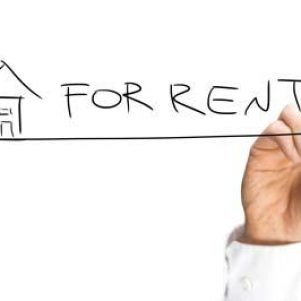The acquisition of property in Spain is a simple process within a legal system that grants substantial security to the parties involved if all steps to purchase the property occur correctly. There are no restrictions for foreign investors to freely investing in Spain.
Below we include the fundamental steps to follow to acquire property in Spain.
Previous Steps
The first step is to verify the ownership of the property as well as any encumbrances it may have. We recommend that you analyse the situation of the property featured in the Registry of Ownership as well as the name of the seller. Spain uses a system that gives substantial protection to registered names of property, and this practice establishes a more secure system.
Equally important is the urban ranking of the property. An interested buyer should also check the urban ranking of the property as well as any licences associated with it depending on the activity intended for the property and other potential issues such as if the property is up-to-date with the paying of its taxes.
A lawyer with real-estate expertise with the Spanish property system is valuable to perform these steps when acquiring property.
Deposit Contract
It is usual to sign a contract with a reserve or deposit; the finality of this means that the buyer can block the possible sale of the property, and the seller can secure the purchase. If, in the end, one of these parties fails to complete its obligation to sign the buying/selling of the property, the corresponding penalties apply. In this case, the parties will have agreed to the penalties, and, if appropriate, the buyer will lose its deposit.
To ensure the best interests of the signing party, it is recommended to have a lawyer review the contract.
Public Writing
For the transmission of the property to have access to the Registry of Ownership and enjoy the protection that the Registry permits, public writing is a requirement to feature the buying and selling of the property. For this, the signatures involved in the buying and selling process must occur before a Spanish notary who, among other matters, will give a certificate of identity and authentication to the signing parties.
Normally, the buyer and seller’s lawyers coordinate and revise the preparation of the public writing with the notary. The signatures within the public writing can occur personally by the parties or by the correspondent to have the necessary formalities.
The signature before a notary generates corresponding tariffs or costs.
Subsequent Matters Following the Signing
Following the signing of the document, the buyer must pay the following taxes, depending on if the property is new or has been previously owned (“second-hand properties”):
- New properties: The buyer must pay the IVA (Added Value Tax), which is 10%, except in some autonomous communities where it may be less. The buyer also has to pay the tax of Documented Legal Acts, which depends on each autonomous community, ranging from a minimum of 0.1% to a maximum of 1.5%. The maximum that the buyer will pay is therefore 11.5%.
- Taxes on second-hand properties: The buyer must pay the Tax of Asset Transmissions, which can vary between 6% and 10% depending on the autonomous community.
In addition, the seller must pay the tax of plusvalía, which taxes the rise in the value of the property. Each local government can apply its own rules to determine the cost of this tax, but the maximum rate is 30%. The parties can agree that the buyer pays this tax. In exceptional circumstances, if the seller is not a resident where the local government applies regulations, the seller may be obligated to pay the tax. For this reason, it is especially important to regulate this issue.
After the buyer and seller have paid applicable taxes, we recommend recording the writing in the Real Estate Registry. This will generate the corresponding fees or registry costs.
If the buyer or seller is a foreign national, the corresponding communication should be made with the Ministry of Economy. The Ministry exercises control over the investments and disinvestments only to statistical effects. However, the incompletion of this communication could create a great nuisance.
For additional information regarding the purchase of a property in Spain,






